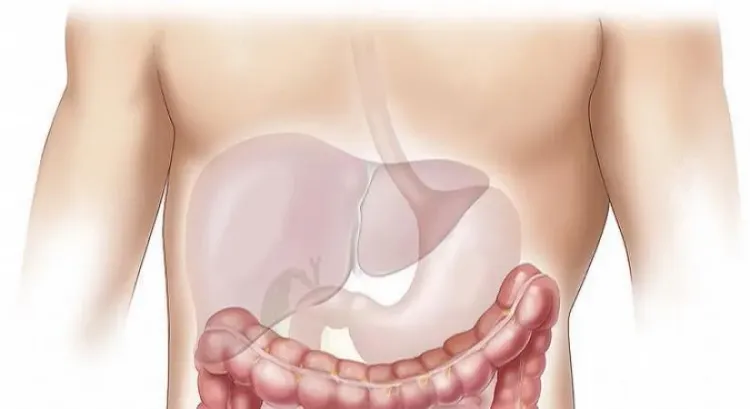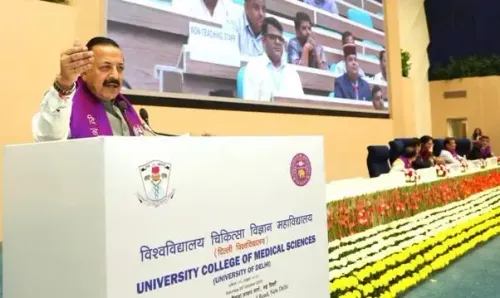Research Indicates Physical Activity is Essential for Managing Chronic Liver Disease

New Delhi, Dec 27 (NationPress) Physical activity is a fundamental aspect of managing metabolic dysfunction-associated steatotic liver disease (MASLD), as per a study headed by an Indian-origin researcher.
MASLD, formerly referred to as non-alcoholic fatty liver disease (NAFLD), is a chronic liver condition characterized by fat accumulation in the liver among individuals who consume minimal alcohol. It particularly affects those with diabetes, obesity, hypertension, or elevated cholesterol levels.
The research, spearheaded by Hirsh D. Trivedi and his team at Cedars-Sinai Medical Center in California, USA, demonstrated that exercise can be advantageous even for patients who have advanced to cirrhosis, which is defined by severe liver scarring.
In addition to weight reduction, exercise can help in minimizing liver fat, improving inflammatory biomarkers, and boosting cardiovascular health, as disclosed in the study published in the Liver International journal.
“Customized exercise plans should be prioritized for all patients, including those undergoing pharmacotherapy,” the researchers emphasized in their publication.
“Exercise serves as an excellent therapeutic method across all stages of liver disease, including advanced stages! We should not restrict physical activity solely based on liver disease stage, and even individuals with cirrhosis can safely and effectively engage in exercise,” stated Jonathan G. Stine, a member of the research team from the Department of Medicine at Cedars-Sinai, in a post on social media platform X.
The findings, derived from a review of multiple pre-clinical and clinical studies, indicated that increased physical activity, primarily through exercise, correlates with a decreased incidence of liver disease and improved patient outcomes. The team advocated for a systematic, evidence-based approach to recommending exercise for MASLD patients.
“Exercise will continue to be a crucial intervention for managing steatotic liver disease, with substantial evidence backing its advantages in MASLD. Regular physical activity enhances insulin sensitivity, diminishes hepatic fat build-up, and lowers markers of liver inflammation,” the team asserted, calling for further research to optimize exercise protocols.









